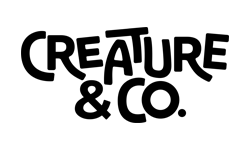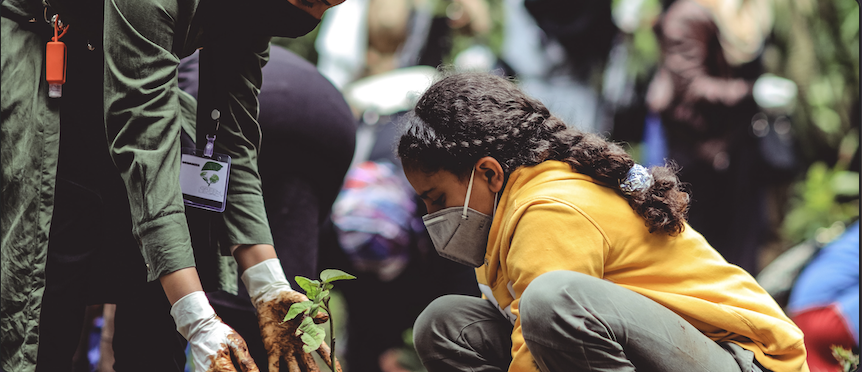“We are the only…” “No-one else offers…” “… exclusive to us alone!”
Once it was enough to have a Unique Selling Point (USP), something that made your product or service stand out from the competition as being better for the consumer. For some it was ‘washing whiter’, for others it was a ‘secret recipe’ or perhaps ‘available around the clock!’ Whilst these qualities are appreciated, consumers now expect more from brands, looking beyond the effectiveness of a product or service to consider its sustainability. We now ask not only how good it is for us but how good it is for the planet.
Sustainability is about meeting our present needs without affecting the ability of future generations to meet their needs—social, economic, and environmental. Over 80% of global consumers feel strongly that companies should help improve the environment. With this, the pressure on businesses to be more sustainable is creating a new USP that may be variously defined as ‘Undertaking Sustainable Practices’ or having a ‘Unique Sustainability Point.’
This growing movement is very much in line with our values here at Creature & Co.
We are passionate about promoting sustainability for people, wildlife, and the planet, and we believe in leading by example.
Creature & Co. has already joined the Better Business Act and become a Living Wage employer. We’ve developed a bespoke ‘compatibility test’ to make sure we only work with clients who share our vision of responsible business and a healthier planet, and we are on a journey towards becoming a B Corp in 2023.
Why are B Corporations important
There is a growing realisation that society’s most challenging problems cannot be solved by governments and non-profits alone, and that business can drive positive change. B Corp businesses have emerged to help balance profit and purpose, working to meet the highest standards of social and environmental performance, public transparency, and legal accountability as well as the needs of their customers and shareholders. They actively work to reduce inequality, lower levels of poverty, create a healthier environment, and stronger communities.
B Corps are accelerating a global culture shift to redefine success in business and build a more inclusive and sustainable economy.
In becoming a B Corp, Creature & Co. is part of a growing community of businesses that are making sustainability (in all its forms) a focus for their purpose – a new USP. From switching to renewable energy to embracing the circular economy, corporations need strong sustainability credentials as consumers expect them to at least participate in, and ideally lead the way on, making the world ‘a better place.’
This makes it critical for companies to address the gap between knowing and doing—not just talking the talk but walking the walk. The days of getting away with greenwashing are fast coming to an end as a new generation of sustainability savvy consumers closely scrutinise product packaging and company credentials.
Creating competitive advantage through sustainability
But far from seeing sustainability as a chore, companies are seeing sustainability as being good for business. Most obviously, being sustainable meets consumer expectations and can reinforce brand value in a competitive marketplace. But sustainability can also improve a business’s bottom line with studies showing that two-thirds of consumers would pay more for a product if it came from a sustainable brand. A sustainability strategy can also substantially reduce business costs, improving operating profits by as much as 60 percent.
This competitive advantage becomes a powerful differentiator when targeting millennials, the largest generation of the population. Millennials are twice as likely as baby boomers to change their habits to reduce environmental impact, not only when considering the products they purchase, but even the career paths they choose. 40 percent of millennials have taken jobs based on a company’s sustainability credentials, even accepting a lower salary to work somewhere environmentally responsible. With millennials such a powerful market and an essential talent pool, smart businesses see sustainability as an investment, rather than a cost.
So what businesses are leading by example? Here are a few of our favourites:
Iceland Foods was the first supermarket chain to take a stand on palm oil, removing this destructive ingredient from its ‘own brand’ products.
With parents and society concerned for children’s futures, Unilever’s Persil created the Dirt is Good Project, empowering young people with the knowledge, ideas and tools they need to take action for a better world.
Apple, amongst others, has committed to becoming 100% carbon neutral for its products and supply chain by 2030.
These are big companies actively embedding sustainability into their business models and corporate governance—doing the right thing for people and planet while undeniably giving themselves a lasting competitive advantage.
Embedding sustainability, genuinely and sincerely, into a business is no longer a novelty, it’s essential. However established a brand, or however brilliant a product, it’s no longer enough if it’s unsustainable.
At Creature & Co., sustainability is more than a passion, it’s part of our DNA. We support businesses in promoting their actions around sustainability to help them inspire others and to reap the rewards their efforts deserve. By engaging kids and families in content that’s purposeful and playful – we ensure that sustainability becomes an important part of their lives, fostering love for the planet from a young age.
Through purpose-driven impactful content, we want brands that share our vision to bring their messaging to the world—that people, wildlife and planet matter, now and in the future. Together, we can make experiences that resonate with families and children, empowering them to take meaningful action for a more sustainable future.

